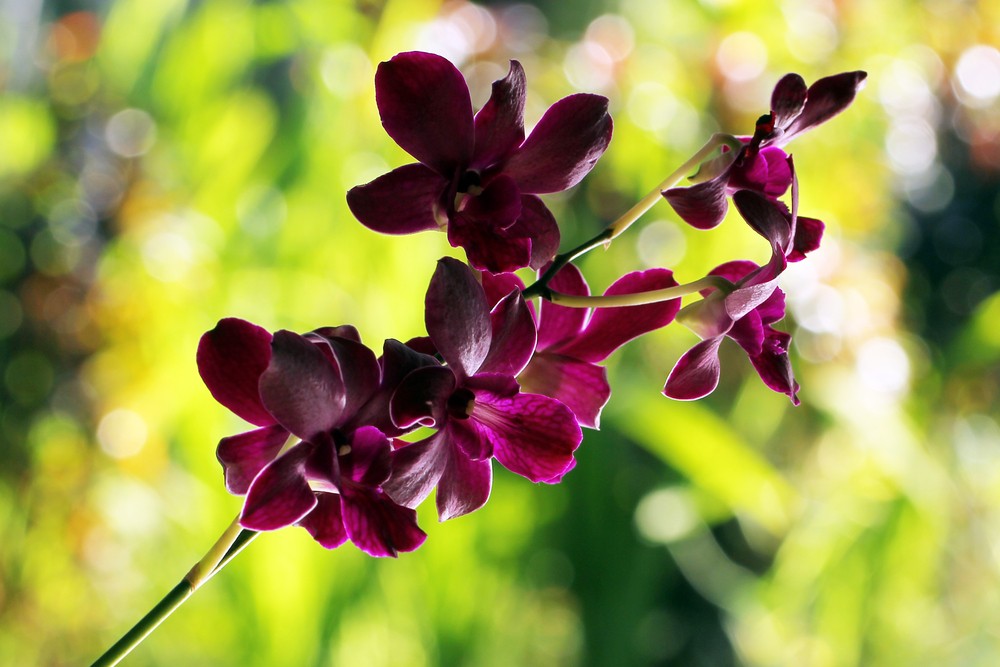Popular Reads
Top Results
Can't find what you're looking for?
View all search resultsPopular Reads
Top Results
Can't find what you're looking for?
View all search resultsResearchers find 160 orchid species in Bengkulu
Researchers from Bengkulu University's school of agriculture have found and documented 160 orchid species in the region.
Change text size
Gift Premium Articles
to Anyone
A
group of researchers from Bengkulu University's school of agriculture has found and documented 160 orchid species in the region.
"Many orchids were discovered through search expeditions conducted since 2012 and that still continue today," Atra Romeida, one of the researchers involved, said in Bengkulu on Wednesday, as quoted by Antara news agency.
The discoveries, Atra added, were a surprise for the researchers and showed the natural wealth of Bengkulu's forests.
"Some of the orchids are categorized as endemic, meaning they only grow in a specific area, not elsewhere," Atra said.
To cultivate the newly discovered species, researchers together with the local Natural Resources Conservation Agency (BKSDA) have prepared a location for germplasm conservation and mass breeding using plant tissue culture techniques.
Tissue culture, or in vitro, refers to the growth of tissue or cells separate from an organism. Plant tissue culture is the specific term for a collection of techniques used to maintain or grow plant cells, tissues or organs. Through these technique plant populations can be increased rapidly.
"The species we are breeding with this technique are pencil orchids, which are endemic to Dendam Tak Sudah Lake in the city of Bengkulu," Atra said.
Read also: Susi Wanggai's enchanting garden of Papuan orchids
Atra, who is a lecturer with a doctorate who teaches plant breeding and biotechnology, said in its natural habitat, the probability of successfully growing a pencil orchid from a seed was only 0.1 to 1 percent. Whereas through tissue culture techniques, one pencil orchid seed can produce 10,000 new seeds.
"This is because the pencil orchid seeds only contain embryos, without food reserves. Through tissue culture, the orchid population can be increased," Atra said.
With the tissue culture technique, the discovery of 160 orchid species provides opportunities for export, as orchids are valuable commodities.
"Therefore, breeding is important for the preservation of such species, whether national or regional," Atra said. (liz/wng)











